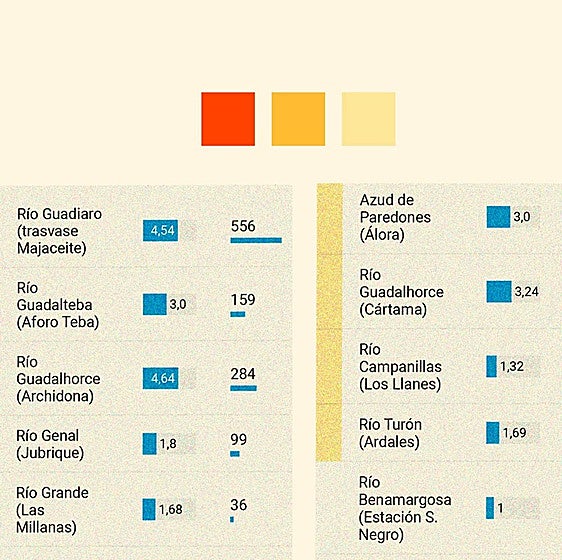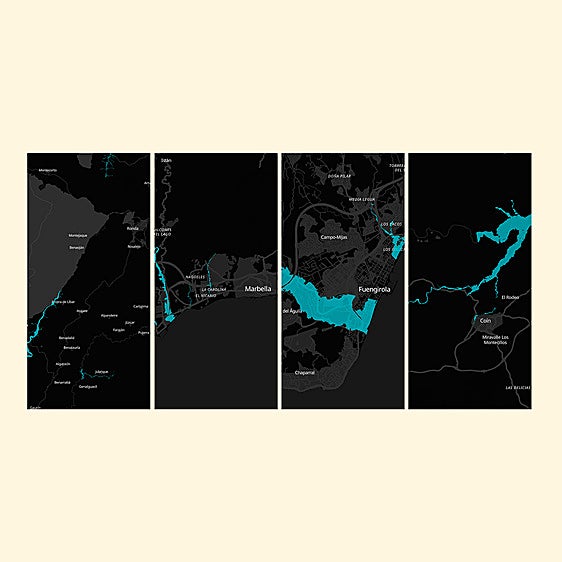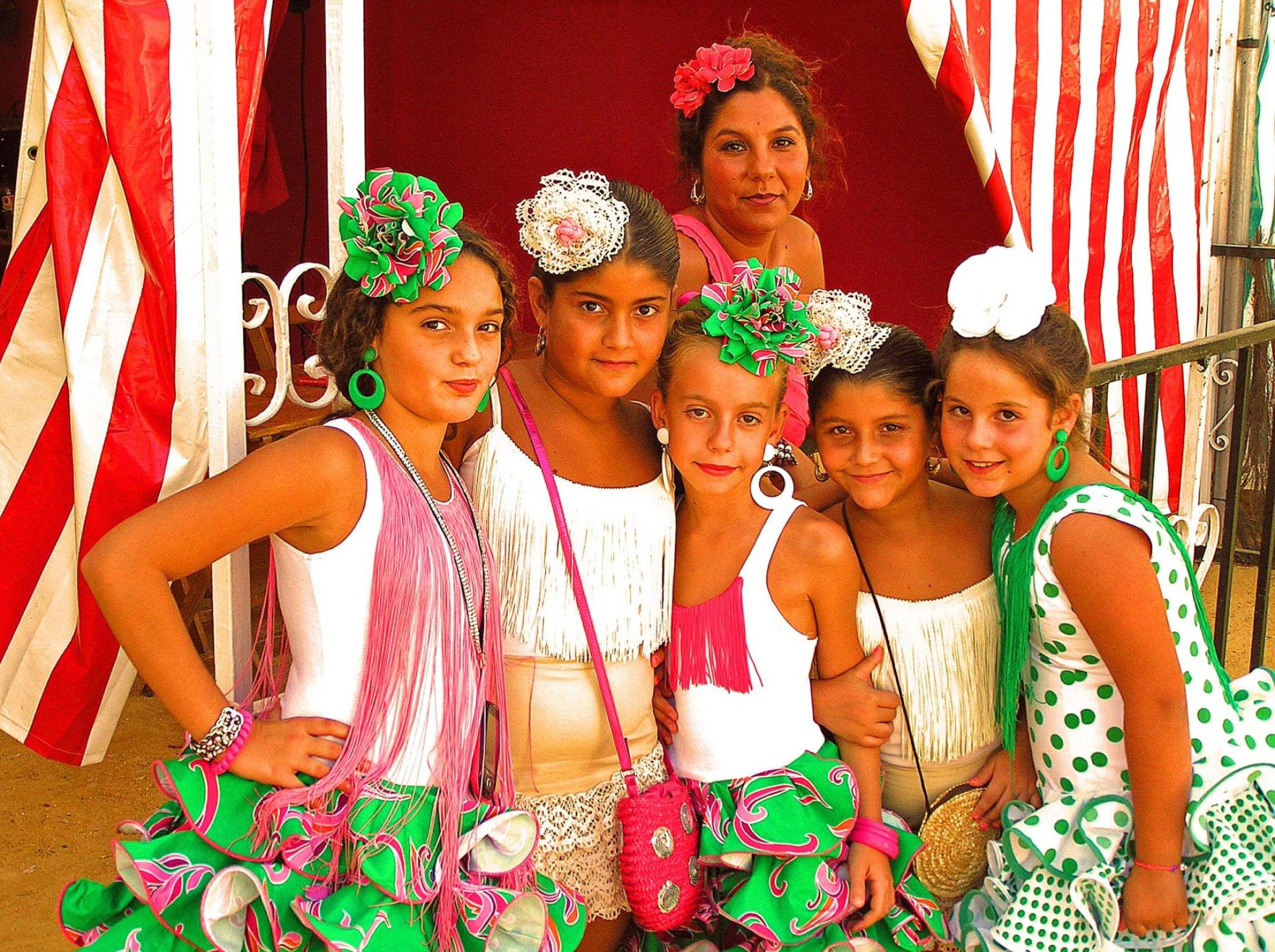Gypsies, among Andalucía's greatest assets
Recognition. ·
Romany travellers first arrived in Andalucía in 1462, and the occasion is celebrated all over the region on November 22 with the Andalusian Gypsy DayTONY BRYANT
Friday, 18 November 2022, 12:04
Gypsies all over Andalucía will celebrate Día del Pueblo Gitano Andaluz on Tuesday 22 November, a day that marks the arrival in Andalucía in 1462 of the first groups of Romany travellers. Since then, the Gypsies in Andalucía have integrated into society more so than in any other area in Europe.
The occasion, which was first recognised by the Andalusian government in 1996, highlights the huge contribution Gypsies have made to the culture and history of Andalucía, especially their flamenco, which was declared a world heritage treasure by Unesco in 2010.
The day is also used as an opportunity to alleviate the many prejudices they have faced over the years: many events are organised to combat the stereotypes that have made them one of the most misunderstood races.
Gypsies' origins can be traced to the modern state of Rajasthan, the largest state in the republic of India. The migration from India started approximately one thousand years ago, via the Iranian Plateau, although the reason for their diaspora has remained a mystery.
The Roma travelled from India through Persia and Armenia, and from there the mass departure divided. Some went on to Europe, while another wave went to northern Africa and on to Iberia.
The arrival in Jaén in 1462 of around 100 of this strange and misunderstood race was met with a mixture of fear, intrigue and fascination, although they were said to have been relatively well received. This event was recorded by the governor of Jaén, Miguel Lucas de Iranzo, the first Andalusian, according to documented sources, to welcome them.
The first band were followed by more and soon the race from "little Egypt", which is from where Gypsies believed they had descended, began to appear all over the region.
Persecuted race
However, Gypsies soon became viewed with revulsion, and countries all over Europe began to introduce laws to forbid them entry, making them one of the most persecuted races in modern times.
The problem of what to do with the Gypsies of Spain caused the authorities much concern and so laws were introduced to try to force them to settle into Spanish society.
The first anti-Gypsy law was passed in Spain in 1499 by the Catholic Monarchs, Isabella and Ferdinand, in which they were given sixty days to stop their nomadic lifestyle and settle down and offer themselves as servants. These laws were constantly updated for nearly 300 years and included the prohibition of the wearing of Gypsy attire and the use of their language: they were also banned from working at fairs, dealing with livestock and from performing their colourful music and dance.
By 1610, the expulsion of the Moriscos had begun and it was decided that this would also be a wise approach to the Gypsy problem, but by the time the expulsion was complete, the idea had been abandoned, despite strong opposition. The forced settlement of Gypsies became the official policy adopted by the Spanish authorities.
The final law concerning Spanish Gypsies was drawn up by King Charles III in 1783 and it was this law that was to eventually give the Gypsies some freedom. It stated that they could enter into any form of work they desired and could live wherever they wanted. They were to become equal to the other citizens in an attempt to dispose of their identity, and anyone who refused to abandon the Gypsy lifestyle would be branded with a hot iron, while repeat offenders would be put to death.
Of course, none of these laws had the desired effect, because one of the Gypsies' traits was, and still is in some areas, to ignore the authorities and continue to live on the fringes of society.
Today, it is estimated that around 750,000 Gypsies live in Spain, and more than half of them are in Andalucía. There are around 24,000 living in the province of Malaga, 12,000 of whom reside in the city.
In recent decades, there has been a significant improvement in the lifestyles of Andalusian Gypsies, and they now have access to social protection systems, public housing, health, education and employment systems.
Their regional day is undoubtedly one of the most important institutional acts in Spanish history. Social entities all over the region that fight for the inclusion and equality of the Gypsy people hold events and activities to mark the day.
These include educational programmes that highlight some of the hallmarks that have achieved worldwide acclaim, while stressing the importance of valuing the vast contribution that the Gypsy people have made to Andalusian society.



